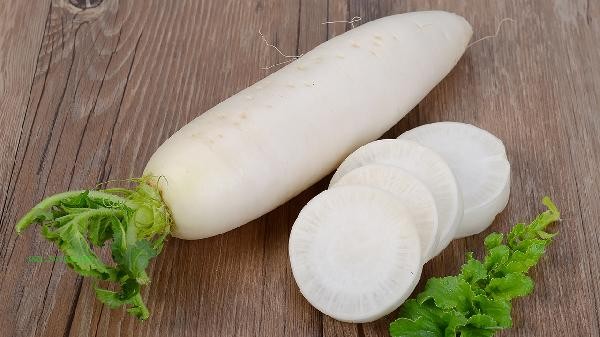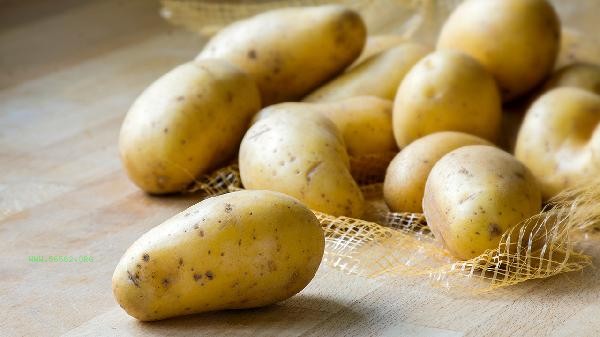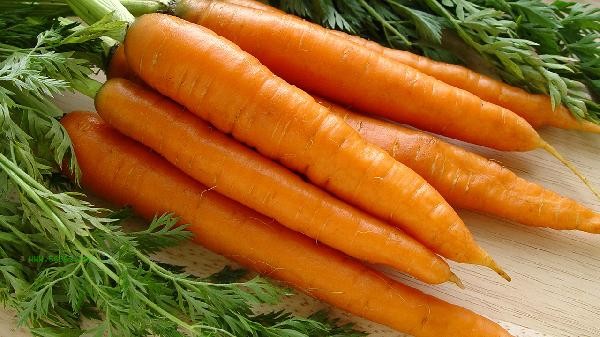Soaking in alkaline water can partially remove pesticide residues on the surface of vegetables, but cannot completely remove all pesticides. The removal efficiency of pesticide residues mainly depends on factors such as pesticide type, soaking time, and concentration. Alkaline solutions can decompose some organophosphorus pesticides, which are prone to hydrolysis and failure in alkaline environments. Common baking soda water or rice washing water is weakly alkaline, soaking vegetables for about ten minutes can reduce the surface pesticide residue. Research has shown that alkaline water treatment is more effective in removing fat soluble pesticides than rinsing with clean water, especially for cleaning pesticides attached to vegetable surfaces. Some new pesticides, such as pyrethroids, have strong tolerance to alkaline environments and have limited effectiveness when soaked in alkaline water alone. The systemic pesticide has penetrated into the interior of vegetable tissue, making it difficult to thoroughly remove it by surface cleaning. Some pesticides may produce more toxic degradation products under alkaline conditions, and blindly using high concentration alkaline solutions may pose safety hazards.

It is recommended to use multi-step cleaning methods such as rinsing with running water, soaking in alkaline water, and peeling treatment. Leafy vegetables can be washed piece by piece and soaked, while root vegetables are recommended to be peeled and consumed. When purchasing, it is advisable to choose agricultural products from legitimate channels, as the risk of pesticide residues in organic vegetables is relatively low. If you consume a large amount of vegetables for a long time, you can consider rotating the consumption of different types to diversify the risk.










Comments (0)
Leave a Comment
No comments yet
Be the first to share your thoughts!